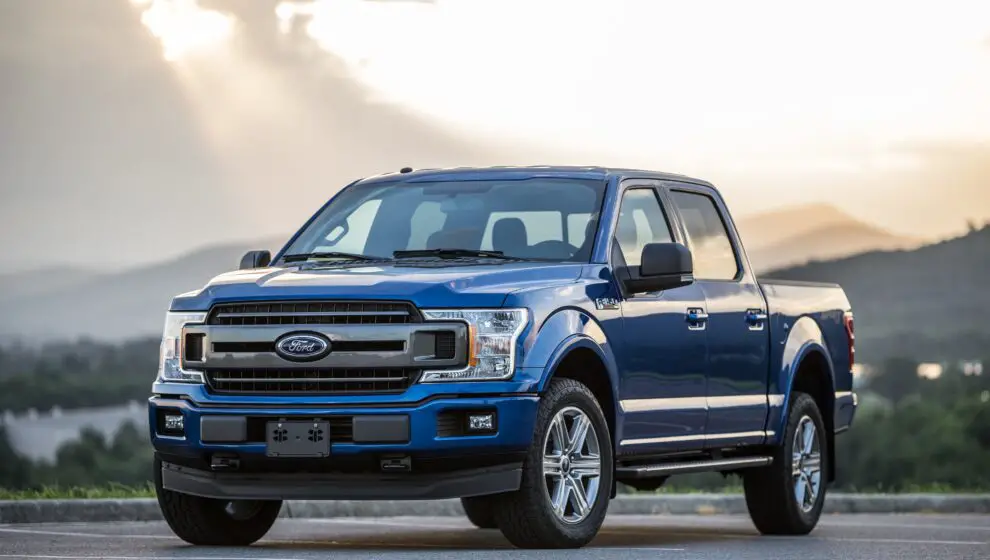Ford Motor has revealed that its electric vehicle (EV) division is operating at a loss while hybrid trucks are proving more popular than expected.
Key Details
- Ford Motor released its second-quarter earnings report on Thursday, with executives revealing significant losses from the EV division.
- The guidance call overall beat Wall Street expectations but high costs and low sales for EVs are offsetting revenues by $4.5 billion this year in losses.
- While EV production will not stop, executives impressed that the transition will take much longer than planned.
- CEO Jim Farley noted the company’s surprise at the success of the F150 hybrid and says it will announce a new line of hybrids.
Why It’s Important
The announcement marks a notable change in tone from Ford, which previously pushed hard for EVs. However, Ford Motor’s announcement falls in line with something that many researchers and executives in the automotive industry are already privy to—the market is not ready nor desiring a full EV transition at the moment.
President Joe Biden signed the Inflation Reduction Act on August 16, 2022, signing $369 billion of clean energy subsidies and tax credits into law. Automakers have responded to increases in tax credits and government demands to phase out gas-powered vehicle production by 2035 by introducing new lines of EV cars and trucks.
However, limited infrastructure and extreme demands on power have also fed into general reluctance from the public to consider buying EVs—which are generally too expensive for lower-class and middle-class car buyers.
The auto industry itself has begun acknowledging this problem and pushing back against government demands. Lobbyists pushed back against a recent rule push from the White House requiring 67% of vehicles to be EVs by 2032. Toyota’s executives and researchers have also repeatedly argued that the EV transition is happening too quickly and that keeping gas-powered vehicles and hybrids in production for the foreseeable future is the wisest decision.
Notable Quote
“We have been surprised, frankly, at the popularity of hybrid systems for F-150,” says Farley. “What the customer really likes is when we take a hybrid system that’s more efficient for certain duty cycles, and then we add new capabilities because of the batteries … But don’t think of them in the traditional sense of an Escape hybrid or a [Toyota] Prius. They’re probably going to come to light differently than most people think. And customers like that.”
